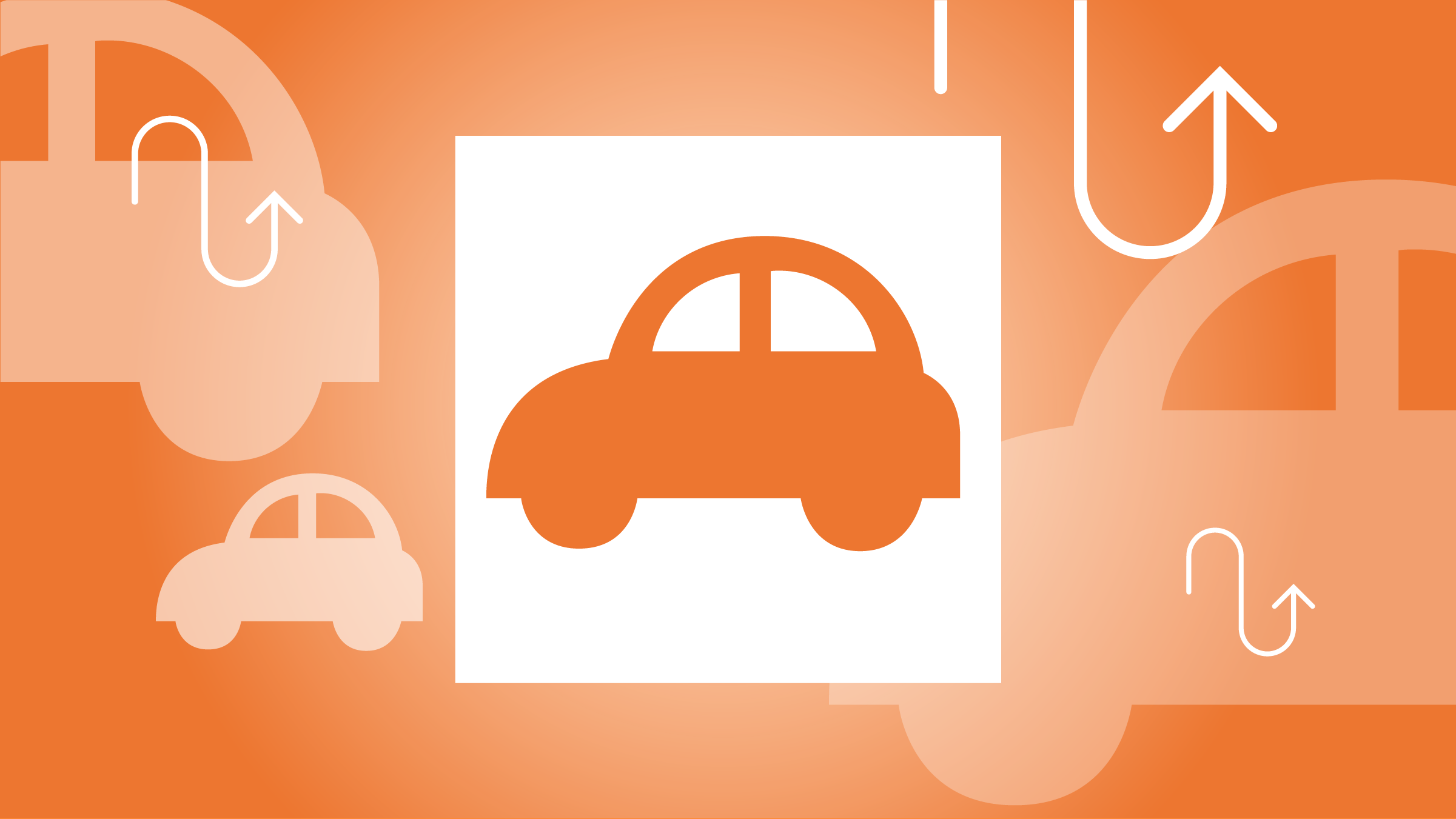Penske Earnings: Solid Third Quarter Despite Hail Damage and Used-Vehicle Headwinds

Narrow-moat Penske Automotive Group’s PAG third-quarter diluted EPS fell 15% year over year to $3.92, missing the $4.04 Refinitiv consensus. Results include what we estimate as a $0.06 EPS hit for a Texas hailstorm destroying 750 vehicles in September and a $0.02 foreign-exchange tailwind. We have increased our fair value estimate by $2 per share to $130 on the time value of money. The truck segment posted all-time record pretax income on higher new- and used-truck profitability. We see the company well positioned for further organic and acquisition growth—or a 2024 recession—due to its strong balance sheet, with net leverage of only 1.0 times EBITDA and credit line liquidity of $1.4 billion. The board has increased the quarterly dividend four times this year, with the most recent move a 9.7% rise announced Oct. 18 to $0.79 per share. We see Penske as the best dealer for investors most concerned about dealers suffering from the United Auto Workers strike because the Detroit Three only constitute about 1% of the firm’s retail automotive revenue.
Same-store retail automotive revenue rose 9%, as did same-store new-vehicle volume excluding agency business from U.K. Mercedes stores. However, same-store new-vehicle gross profit declined 1.4% due to a 13.9% decline in new-vehicle gross profit per unit to $5,775. New-vehicle profits are declining from record levels brought on by the chip shortage, but we expect them to reset higher than prepandemic GPU levels of around $3,200. Used vehicles remain an affordability problem for consumers as well as expensive for the company to procure due to limited supply following the pandemic. Penske customers are more affluent than many dealership’s consumers, but total used retail volume only rose 0.7% while used gross profit fell 21.4% and used GPU fell 22% to $1,564. Equity income, mostly from Penske Transportation Solutions, declined 37.6% on higher interest expense at PTS, higher truck maintenance costs, and lower truck resale values.
The author or authors do not own shares in any securities mentioned in this article. Find out about Morningstar’s editorial policies.

/s3.amazonaws.com/arc-authors/morningstar/222a1c0d-911c-4064-ac93-f9d4516d0a06.jpg)
/cloudfront-us-east-1.images.arcpublishing.com/morningstar/U746MWXQHFFZPLSMTEJSUD7HLY.png)
/cloudfront-us-east-1.images.arcpublishing.com/morningstar/KPHQX3TJC5FC7OEC653JZXLIVY.jpg)
/cloudfront-us-east-1.images.arcpublishing.com/morningstar/OBA7UVI75RGFDOHGJTZ2FK542Q.jpg)
:quality(80)/s3.amazonaws.com/arc-authors/morningstar/222a1c0d-911c-4064-ac93-f9d4516d0a06.jpg)